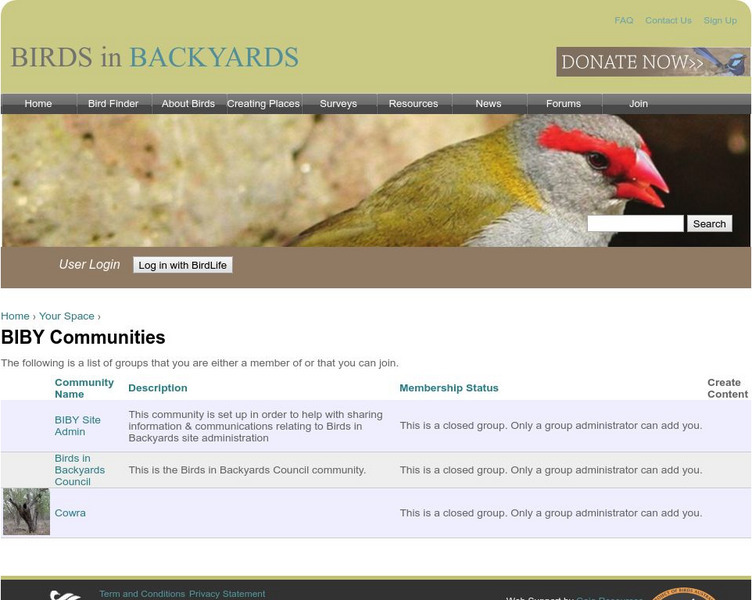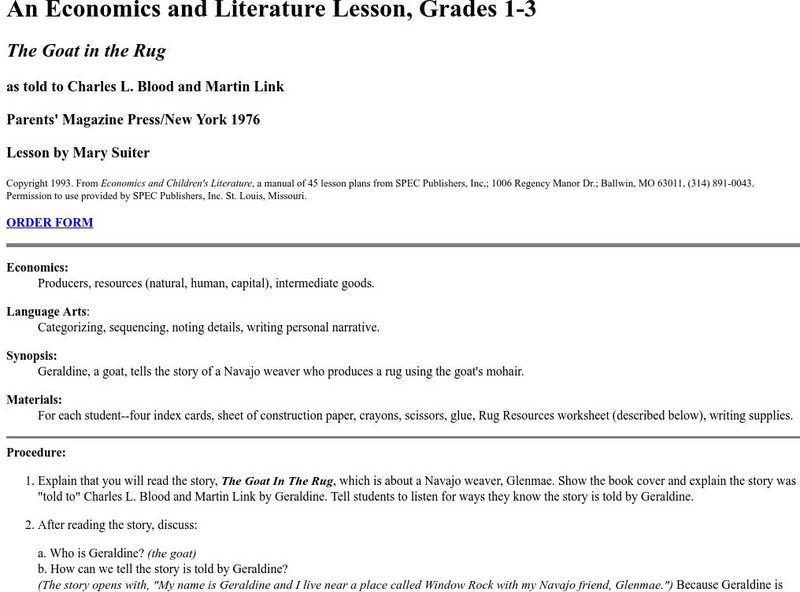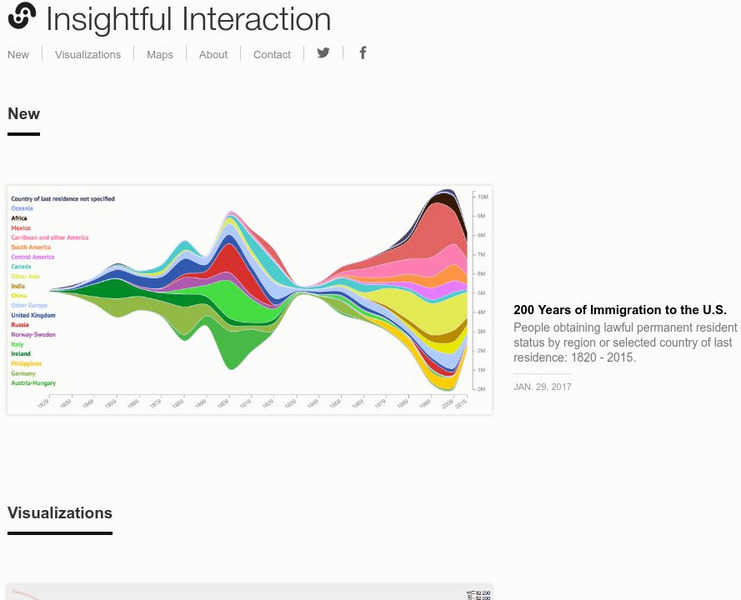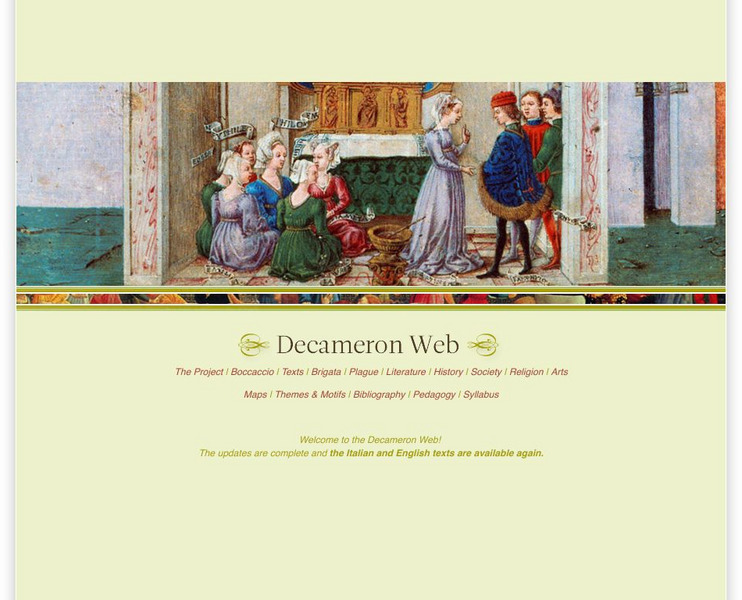Edutopia
Edutopia: Goods and Services [Pdf]
A unit that teaches the difference between goods and services, the difference between producers and consumers, the difference between human, natural, and capital resources, and the difference between bartering/trading and buying/selling....
Natural History Museum
Natural History Museum: Eukaryotes in Extreme Environments
Extremophiles thrive in the most extreme environments that are inhospitable for humans. This resource breaks down each type and provides a brief description. A good list of references is provided at the bottom of the page.
Other
Birds in Backyards: Communities
This resource explains how your community can provide a good habitat for birds. Read and learn what type of habitat a bird likes and how even urban areas can be good places for birds.
Marxists Internet Archive
Marxists.org: "Existence and Being" by Martin Heidegger
One of Heidegger's works that is "easier" to read. Does require some background information, but a good way to introduce one's self to Heidegger and his peculiar writing style.
CommonLit
Common Lit: Themes: Morality: Why Do People Do Bad Things?
This is a collection of Grade-Leveled texts (3-12) to address the question Morality: Why do people do bad things? Select a grade level and a collection of on grade-level reading passages on the topic comes up. [Free account registration...
Federal Reserve Bank
Federal Reserve Bank of St. Louis: Tortilla Factory [Pdf]
This lesson accompanies a story by Gary Paulsen called Tortilla Factory, and teaches students to identify the different types of resources (human, capital, natural, etc.) that go into creating corn tortillas and other products.
University of Nebraska Omaha
An Economics and Literature Lesson: The Goat in the Rug
This is a lesson plan geared toward first through third grades, cross-curricular, dealing with economics and literature. "Learn about economics: producers, resources (natural, human, capital), intermediate goods; and Language Arts:...
CommonLit
Common Lit: Excerpt From "Self Reliance" by Ralph Waldo Emerson
The Transcendentalist movement of the 1820s-1830s promoted the ideas of intuition, independence, and inherent goodness in humans and nature. This excerpt comes from Emerson's most famous essay. "Self-Reliance," which discusses similar...
University of California
Ucmp: Aves Life History and Ecolog
University of California Berkeley offers a good discussion of the natural role that birds play and the importance of this role to man.
Council for Economic Education
Econ Ed Link: The Economics of Income: Which 'Wood' You Choose?
A key turning point in a nation's economic development is when it starts to use its resources for long term versus short term purposes. A natural resource example is trees: should people use wood for cooking food or building homes?...
Other
Insightful Interaction: Visualizations
A collection of interactive visualizations that were produced through analysis of economic, political, and market research data. Topics are diverse, e.g., military spending and trade, immigration, consumer spending, crime, unemployment,...
Brown University
Brown University: The Decameron Project
Few great books like the Decameron have shaped our very notion of storytelling and its crucial role in the negotiation and production of shared social and cultural values. In its hundred stories, shared in ten days by ten young people...
Council for Economic Education
Econedlink: Scarcity Video and Quiz
This video teaches the concept of Scarcity and includes a quiz. The total resources of society, including natural resources, human resources, capital goods and entrepreneurship, are limited, causing scarcity to exist. [1:13]
![Edutopia: Goods and Services [Pdf] Activity Edutopia: Goods and Services [Pdf] Activity](https://static.lp.lexp.cloud/images/attachment_defaults/resource/large/FPO-knovation.png)








